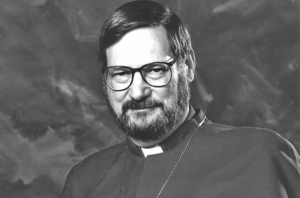
Responsibility and Identity
“We cannot exist as Christians unless we stand in our sin and ask for forgiveness, promising reparations where we can make them. And we cannot hedge just because telling the truth would cost us everything.”


“We cannot exist as Christians unless we stand in our sin and ask for forgiveness, promising reparations where we can make them. And we cannot hedge just because telling the truth would cost us everything.”
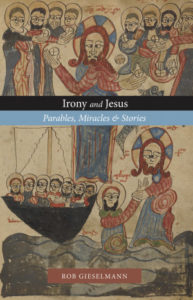
We’re talking with author and priest, Rob Gieselmann about his new book, Irony and Jesus

We review Near the Exit, a soulful travel guide to death by Lori Erickson
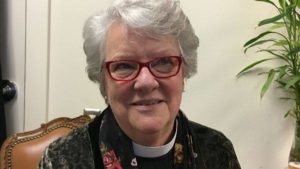
We continue our series on the diaconate with an interview with the Venerable Canon Nina Pickerrell
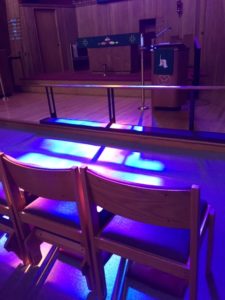
Old church buildings, the Ordinariate at ten, and sharing faith in a secular age; it’s our weekend roundup stories from the life of the church

“I love it that my church has a commemoration where my saints can be remembered, even by those who never knew them, merely by hearing their names read on a list. I appreciate that I can join with others in remembering their saints along with mine, making our community stronger and more connected.”
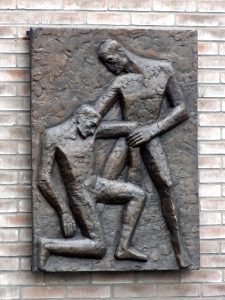
“This got me thinking about how important help and support can be in life in general. Even though I could tell I was injured, it took consulting with professionals to help truly assess the scope of the injury. I couldn’t do it alone, even though I was the one feeling the pain.”

From The Episcopal Church: [October 30, 2019] New and updated Advent resources for congregations, dioceses, and communities of faith are now available: Way of Love

“Last week in our gospel, we heard the story of one man who was sure he belonged on top because he thought himself perfect, and another man who thought he was a worm due to his own acknowledgement of his sins. Yet it was the man who bewailed his sins and prayed to God for mercy who was justified, Jesus tells us. That’s a declaration that is a huge reversal to what most of us witness in our lives.”
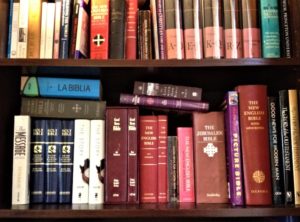
“It was an era when only the educated few could read and understand the Bible; ordinary folk depended on the clergy to interpret the Bible for them. Wyclif held that believers should have a direct, unmediated relationship with God, not requiring the intervention of the church or its priesthood.”